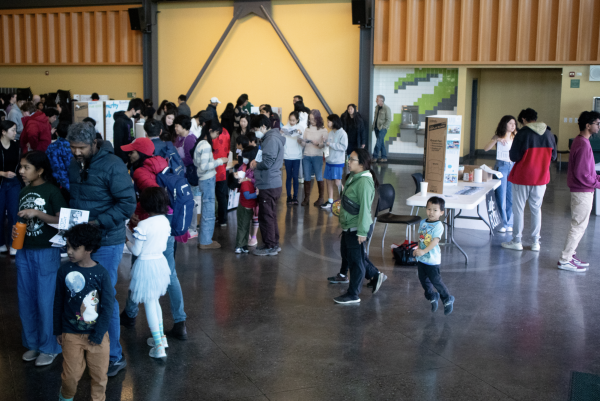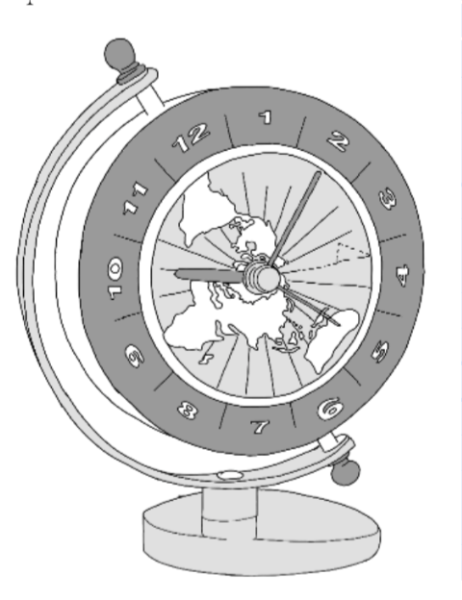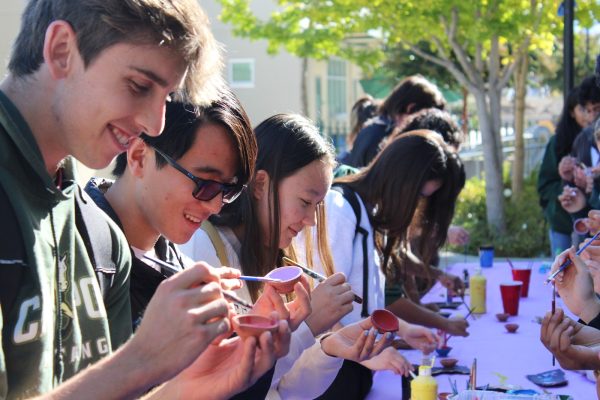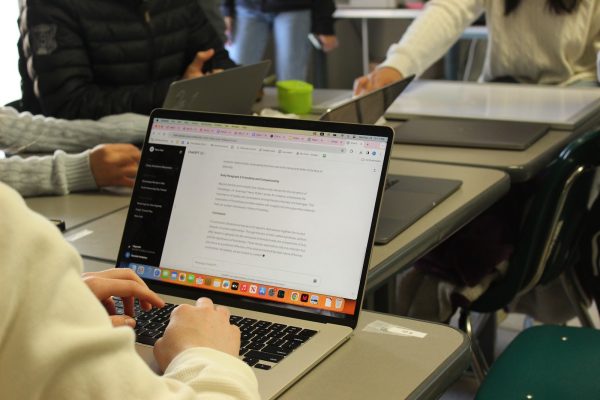Future plans, personal interests to be considered during course selection
The online window for course selection opens today on Infinite Campus and closes on Tuesday, March 11, according to the HHS website.
As students consider their course selection options and, in particular taking difficult classes, they should keep in mind their level of interest while making that decision, science teacher Daniel Bacher said.
“Good reasons to take a more advanced class like an honors and AP class will be that you’re just super interested in those topics, and you’re thinking about going in[to] a career in those fields,” Bacher said.
In terms of science, Bacher said students should also consider whether they have the appropriate math skills to succeed in a particular science course.
English teacher Adrian McMahon said students should enroll in classes that benefit them, rather than what will look better on college applications.
“I wouldn’t shoot for the highest class that you can [take] just so it looks good,” McMahon said.
Performance in a class can change depending on the interest in the subject, he said.
“As far as workload goes, anytime you’re taking something that you’re not enjoying, that’s a lot of work,” McMahon said. “And if you like what you’re doing, if you like what you’re reading, then it’s a lot easier.”
Though it may be difficult for a student to perform well in a class they feel is difficult, it is still possible for them to perform well, math teacher Erik Eastland said.
“If you want to achieve a higher level than what you’re at, it takes effort and practice and commitment to do those things.” Eastland said.
Eastland also said most kids say they will do well in a higher-level course by working hard, but end up neglecting to make a plan to do so.
“Make very specific goals to cover specific topics, and to practice specific things,” Eastland said. “If there’s not a plan set in place … then it is very easy to either not do what’s necessary or to just kind of forget about it entirely.”
Freshman Tanner Muret said he agrees with Eastland’s advice, and will create a plan to manage his classes.
“Just make sure you have enough time, even after school, so that you can study, do homework and review notes from the class,” Muret said, “because … these classes will take a lot of time in and out of school.”
While many of the classes offered at HHS are challenging, it doesn’t mean they have to be overwhelming, Bacher said, and that is where the teacher recommendations come in to play, and ensure students are taking classes that are manageable for them as individuals.
“It’s to advise students, and make sure that they’re going to be placed [in] a course that’s going to be the appropriate level for them,” Bacher said.
McMahon said students should keep in mind that their futures are not wholly determined by the college they attend, and as Bacher said, students should take courses – especially higher level course – in which they are both interested and academically prepared to succeed.
“There is a belief that your entire life is being decided by where you go to college. And trust me, that is not true. It’s not even close,” McMahon said. “[Some] of the most successful people I know dropped out of college. And I’m not saying drop out of college … but it isn’t the only path to success.”












